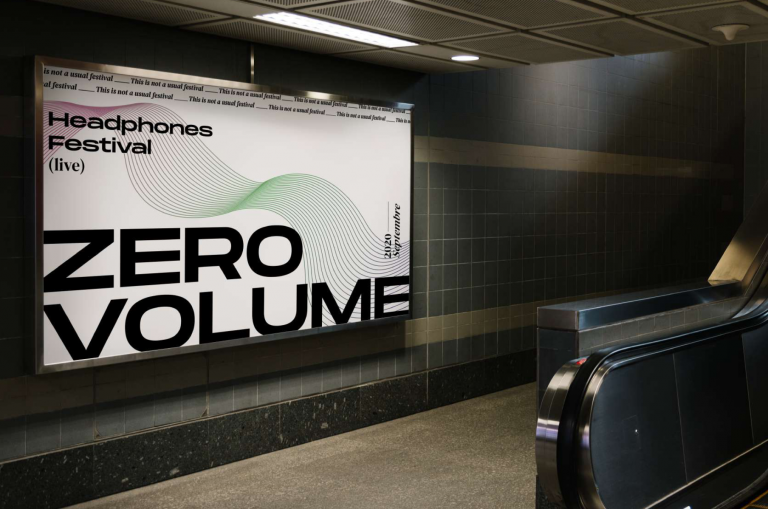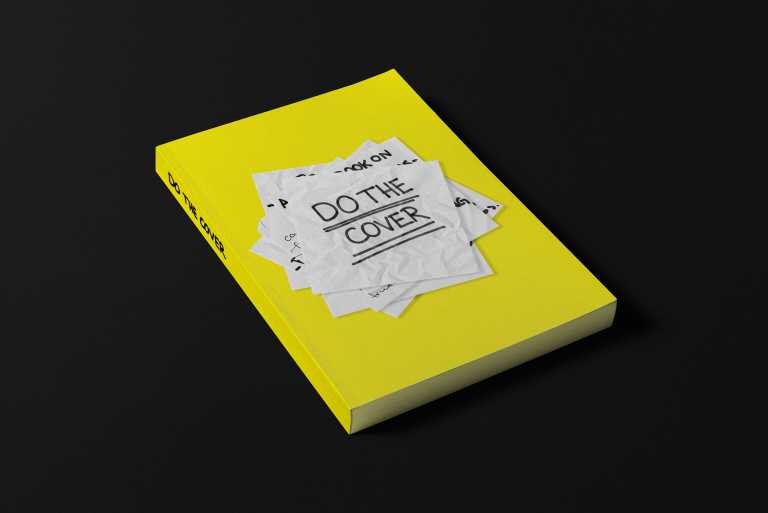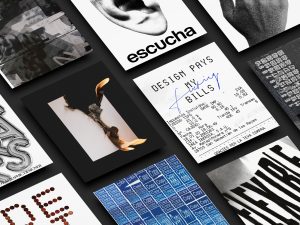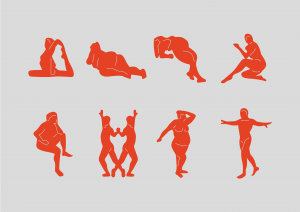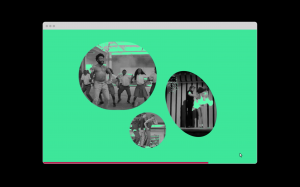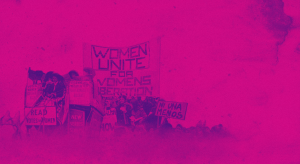War Owned
Jordi Farreras
Graphic Elisava 2020
Lots of things tend to happen during a graphic.elisava master’s program. Mountains of research. Maybe one or two existential crises. Designing so much that you have nightmares about mismatched hex codes.
In some weird twist of fate, this year’s biggest ‘thing’ ended up being a global pandemic. We were forced to embrace digitalism over presentialism, do more with less, and channel disillusionment into positivity. In school, the lesson comes before the test, but life often takes the opposite approach. We think we’re better for it.
PLATFORM AND IDENTITY
For this year’s degree show we decided to continue the digitalist lifestyle that we’ve come to know. Pills replace name tags, thumbnails replace handshakes, and ingenuity replaces normality in order to illustrate how we view topics like “design ethics”, “comfort”, “manifestos”, and “freedom”.
About
This is graphic.elisava’s digital Degree Show. Find out more about the program at graphic.elisava.net
Acknowledgements
Many thanks to this year’s students in the Graphic Design and the Editorial Design master’s degrees. The 2020 graphic.elisava Degree Show – both the platform and the campaign that precedes it – wouldn’t have been possible without the indefatigable work of a group of design students making time for it in the middle of their end-of-year presentations.
On the typeface
Thanks to Non Foundry for letting us use their Non®Natural Grotesk throughout the website and campaign of this digital Degree Show.
Visit nonfoundry.com to find out more about their work.


War Owned
War Owned.
Humanising data about war.
War is something that, as humans, is owned by all of us, but we don’t connect with it. We see these numbers, but we don’t care about the people who are behind that war. We don’t care about how much we are contributing to it.
Why are we still having wars since violence is a tool we don’t need anymore since we can converse?
We tolerate war. We pay for it. But we don’t relate to it.
Data about war should be communicated more adequately.
These three statements generate the pillars of this project: Moral, Money, and Love. With the Augmented Reality exhibition based in Barcelona, and three different books compiling the research and curious facts have been designed to highlight war in a way we can better understand.


We pay every year 390€ to fight a war. And yet, we didn’t know it.
Money it is within the very same definition of war. “Material Destruction”. There is a lot of money that goes to the military budget, and we might not know it. The book compiles all of the advanced weaponry Spanish budget and displays with the same terms other elements that could be bought with the same amount of money. On this part, the A-R experience explores in Portal de l’Àngel, one of Barcelona’s most expensive and transited streets, how many people it is needed to gather enough money to purchase the cheapest asset from Spanish military: the Spike Missile.
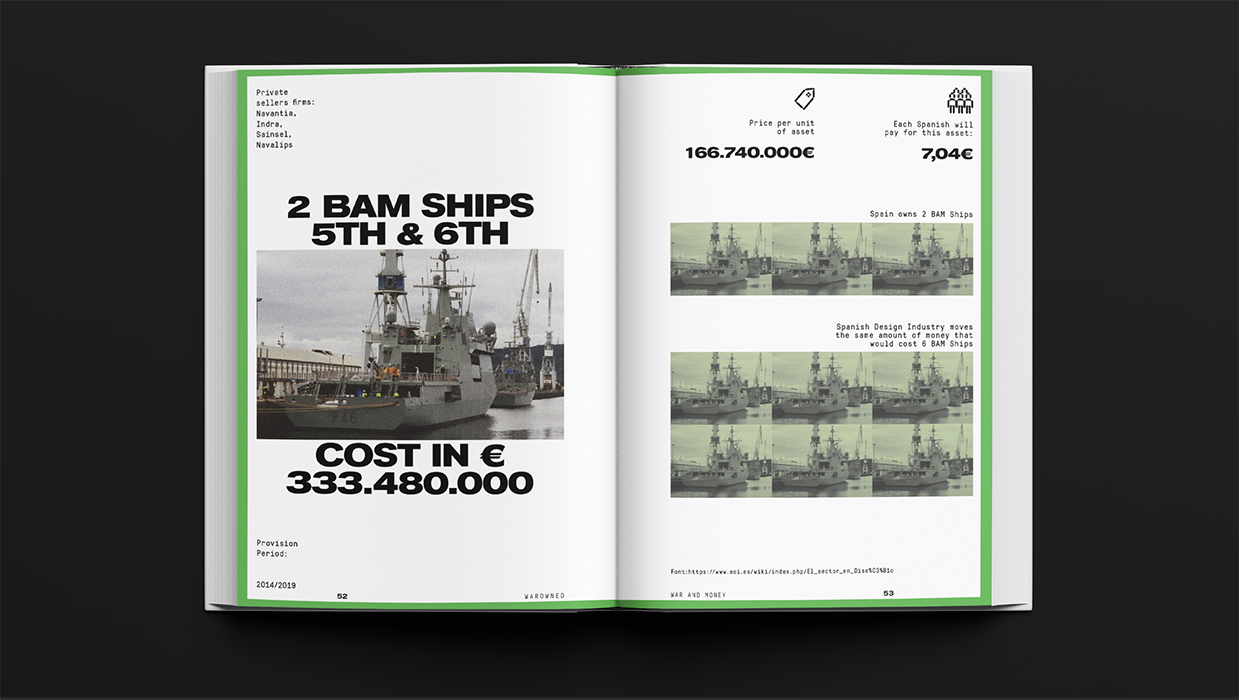

Meeting people who lives war, with tinder gold.
I have opened a tinder profile to travel to different countries with war on its background. Then, I matched with people over there and share thoughts about war, conflict and how those affect to war. The book compiles the research method and the most engaging conversations. The A-R experience displays these conversations over the wounded wars of Plaça Felip Neri.
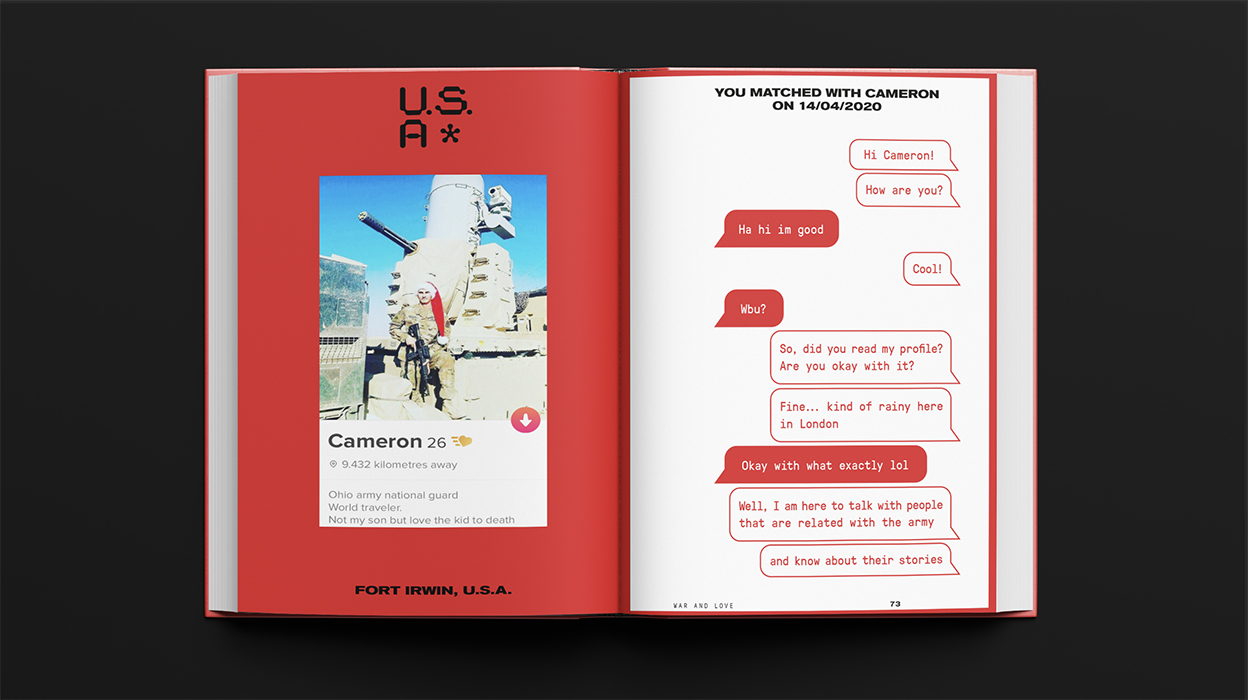

Violence starts from the individual. When it becomes collective, the war starts.
The moral experience triggers questions about how do we tolerate war and violence as an instrument to achieve a better global outcome. This part pretends to awake the individual criticism over violence and see if we would pay the price of violence for a better situation. The book explores and compiles the research about the topic. The A-R experience happens in Fossar de les Moreres, a symbolic place where all the questions are triggered and it is possible to visualise the overall final outcome.


